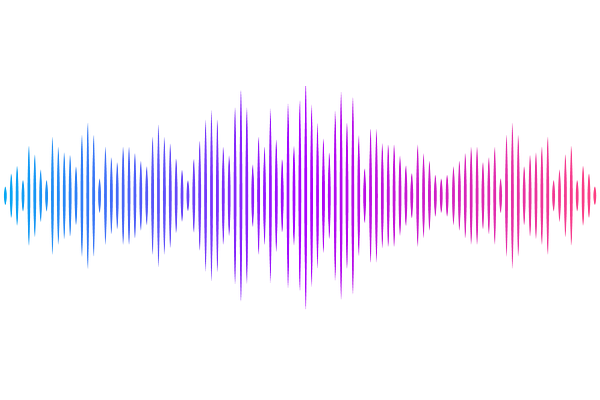Nighttime Caffeine Intake Increases Motor Impulsivity

Nighttime Caffeine Intake Increases Motor Impulsivity
Saldes, E. B.; Sabandal, P. R.; Han, K.-A.
AbstractCaffeine is commonly consumed at night by shift workers and military personnel for its wake-promoting effect, yet its adverse effects on behavior remain underexplored. Here, we show that nighttime caffeine intake impairs inhibitory control in Drosophila melanogaster, resulting in impulsive motor behavior, with females more sensitive than males. This effect is independent of hyperactivity or sleep loss, as walking speed was unchanged, and artificial sleep deprivation via light or mechanical stimulation did not elicit similar deficits. Notably, daytime caffeine feeding did not impair inhibitory control, highlighting a circadian gating of caffeines behavioral impact. Mechanistically, we identify dopamine signaling as a key mediator of caffeine-induced impulsivity. Reduced dopamine synthesis (pale/+), silencing of PAM dopaminergic neurons, or altered dopamine transporter activity (fumin/+) attenuated or exacerbated caffeine-induced impulsivity. Targeted manipulations identified the dopamine D1 receptor (dDA1/Dop1R1) in the mushroom body (MB) alpha/beta and gamma lobes as essential for this effect, with gamma-lobe neurons exhibiting heightened sensitivity. These findings reveal a circadian- and dopamine-dependent mechanism through which nighttime caffeine impairs behavioral inhibition.